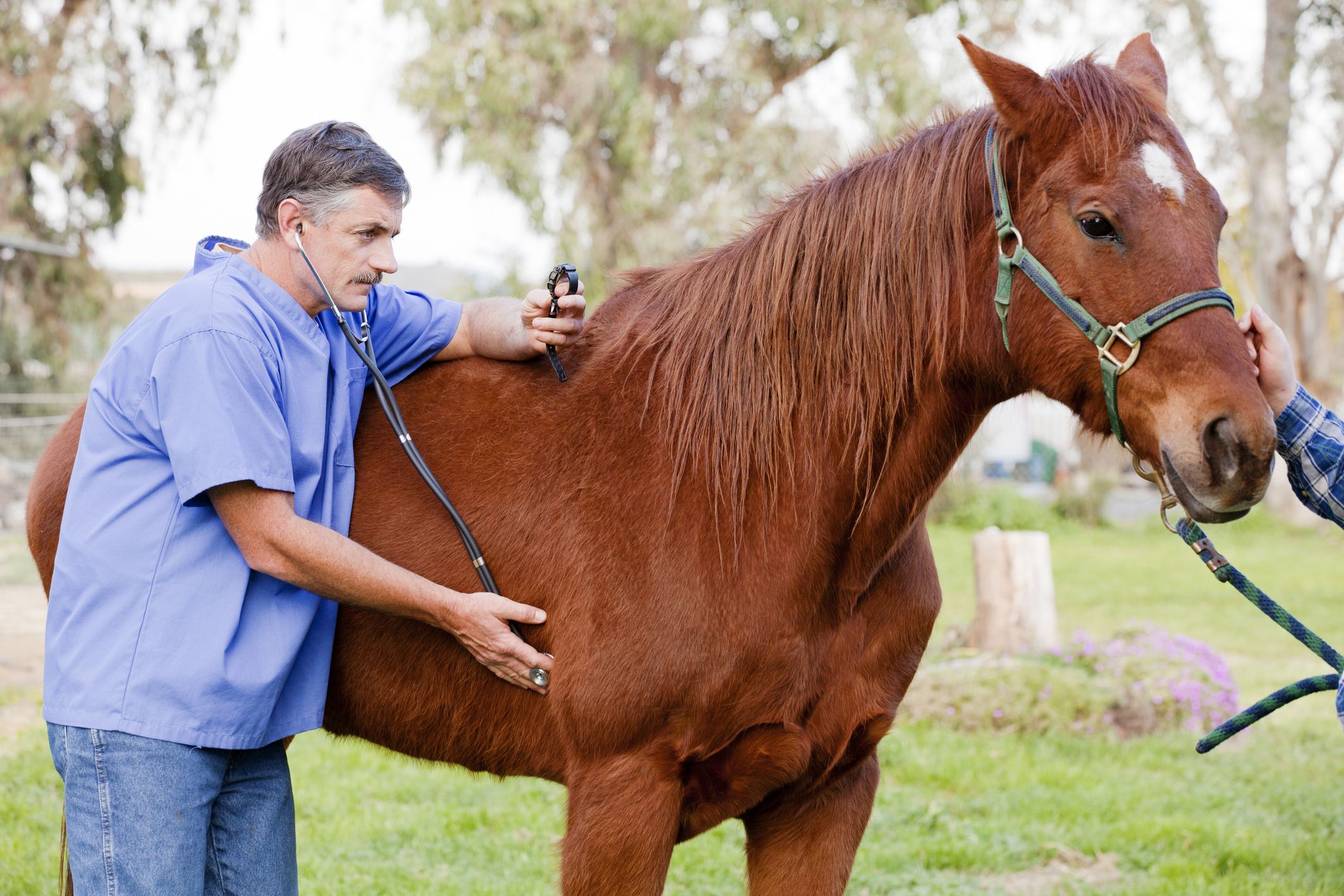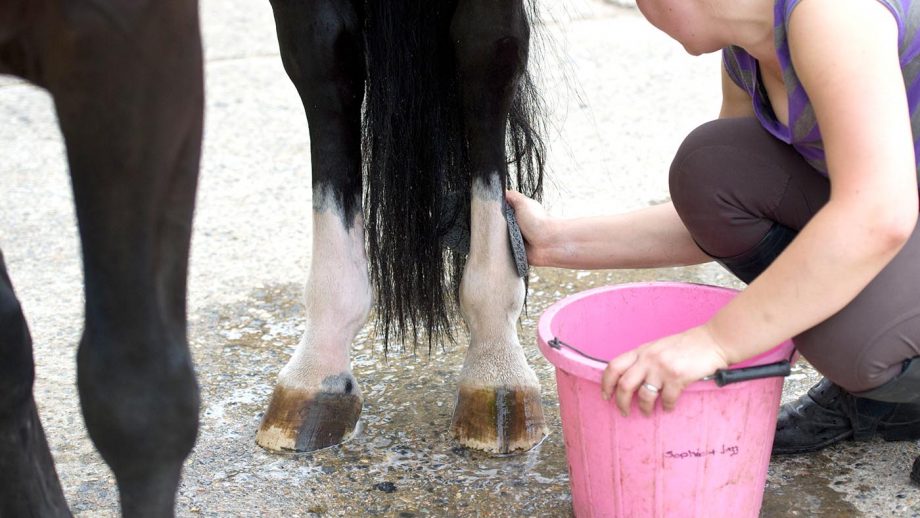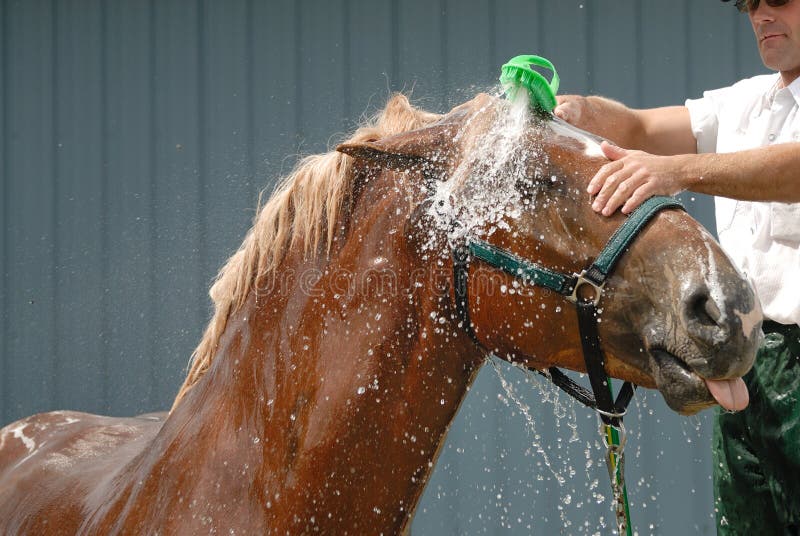Proper eye care is crucial for your horse’s health and well-being. Horses rely significantly on their eyes for their survival, making it vital to understand how to take care of horse eye. Giving them the best care contributes to their overall health and ensures they lead happy and comfortable lives. In this article, you’ll find everything you need to know about maintaining your horse’s eye health.

Understanding Horse Eye Anatomy
Before diving into care techniques, it’s important to understand the anatomy of horse eyes. Similar to humans, horses have complex eye structures that allow them to perceive the world around them. Horses have large, expressive eyes placed on the sides of their head, providing them with nearly a 350-degree field of vision. Recognizing this helps in identifying potential issues they may face.
Basic Eye Care Practices
Cleaning the Area Around the Eyes
The first step in horse eye care is maintaining cleanliness around the eyes. Gently clean any dirt or discharge using a damp cloth. Regular cleaning prevents irritation and infections.
Regular Examination
Regularly inspect your horse’s eyes for signs of redness, swelling, or discharge. Early detection of eye problems can help prevent more serious conditions.
Common Horse Eye Problems
Conjunctivitis
Conjunctivitis, or pink eye, is a frequent issue in horses. It causes redness, swelling, and discharge. Consulting a veterinarian for treatment is essential.
Cataracts
Cataracts can affect older horses, leading to impaired vision. Identifying cataracts early can help in managing this condition and improving their quality of life.
When to Call a Veterinarian
If you notice any signs of eye discomfort or abnormal behavior in your horse, it’s crucial to contact a veterinarian. Delaying treatment can lead to complications.
Preventive Measures
Proper Feeding
A balanced diet rich in vitamins and minerals is essential for eye health. Ensure your horse’s diet supports their vision.
Protective Gear
Using fly masks and other protective gear can shield your horse’s eyes from environmental irritants and injury.
Environmental Assessment
Ensure the horse’s living area is free of hazards that may cause eye injuries.
Special Considerations for Different Breeds
Some horse breeds may be prone to specific eye conditions. Consult with a veterinarian familiar with your breed for tailored care advice.
Case Studies: Lessons from Eye Care Experiences
Understanding real-world experiences can provide insights. Many horse owners have successfully managed eye issues with proactive care and treatment.

FAQs About Horse Eye Care
How often should I clean my horse’s eyes?
Cleaning should be done regularly, but frequency depends on the horse’s needs and environment. Consult your veterinarian for personalized advice.
What signs of eye problems should I look for?
Look for redness, swelling, discharge, squinting, and changes in behavior.
Can I use human eye medication for horses?
No, always use medications prescribed by a veterinarian specifically for horses to avoid complications.
For more on horse health care decisions, check out when to blanket a horse.
Understanding how to take care of horse eye is essential for any horse lover. With regular care, attention to changes, and professional guidance, you can ensure your horse stays healthy and happy. For further reading, explore the saddle weight considerations you should keep in mind. Remember, maintaining your horses eye health is an integral part of their well-being.








